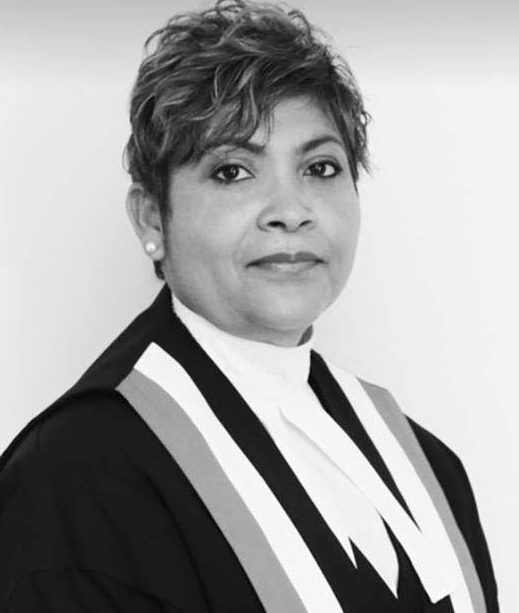First case under new law for indictable cases goes on trial

A MAN facing charges of kidnapping and motor vehicle larceny has been arraigned in the first indictable case to proceed to trial under the new Administration of Justice (Indictable Proceedings) Act, 2011 (as amended) or AJIPAA legislation.
Sheldon Doodnath pleaded not guilty when he appeared before Justice Lisa Ramsumair-Hinds on April 30, four months after he was charged three months after an indictment was filed and two weeks after a sufficiency hearing was completed by a High Court Master.
The new legislation, proclaimed on December 12, 2023, removes preliminary inquiries for indictable offences, such as murder, kidnapping, money laundering and some forms of sexual abuse, at the magistrates’ courts (now known as district courts).
Before this, preliminary inquiries took years before an accused was committed to stand trial at the High Court.
Under AJIPAA, indictable matters go straight to the High Court. The legislation also introduces sufficiency hearings heard by a master who ensures a case is ready for the trial stage.
At April 30's hearing, Ramsumair-Hinds set strict timelines for the progression of the case, which she expects could go to trial by July.
“My hope is that every non-capital indictable matter is determined within a year and every new capital indictment will be determined in two years. That’s my objective.”
She also applied the 2023 criminal procedure rules which allow for the accused to enter a plea while urging attorneys to familiarise themselves with the rules to ensure greater efficiency for criminal cases.
It was at this stage that Doodnath pleaded not guilty.
A case progression officer has been assigned to ensure attorneys for the prosecution and defence comply with the court’s directions.
“In order to make the first date of hearing a more meaningful event … on the first date of hearing … [the accused] himself should know whether we are going to trial or not, at the very least.”
The judge also advised Doodnath of the options open to him, which include jury trial, a judge-only trial, seeking a maximum sentence indication or entering into plea discussions with the office of the Director of Public Prosecutions, all of which were provided for in her directions should he choose any of the options.
Ramsumair-Hinds also urged attorneys practising in the criminal courts to advance their client’s cases without using court hearings for matters such as requests for disclosure.
She also disclosed that while the type of directions she has given in this case was not yet standard in the criminal courts, judges in the Assizes will work together to have them adopted as the practice for all cases.
Ramsumair-Hinds also ordered that in the future, police complainants (the officer who lays a charge) “must be present” on the first date of the trial before the judge. She made the order since the police complaint in Doodnath’s case was not present at the hearing.
Doodnath returns to court on May 14 for a case management hearing.

Comments
"First case under new law for indictable cases goes on trial"